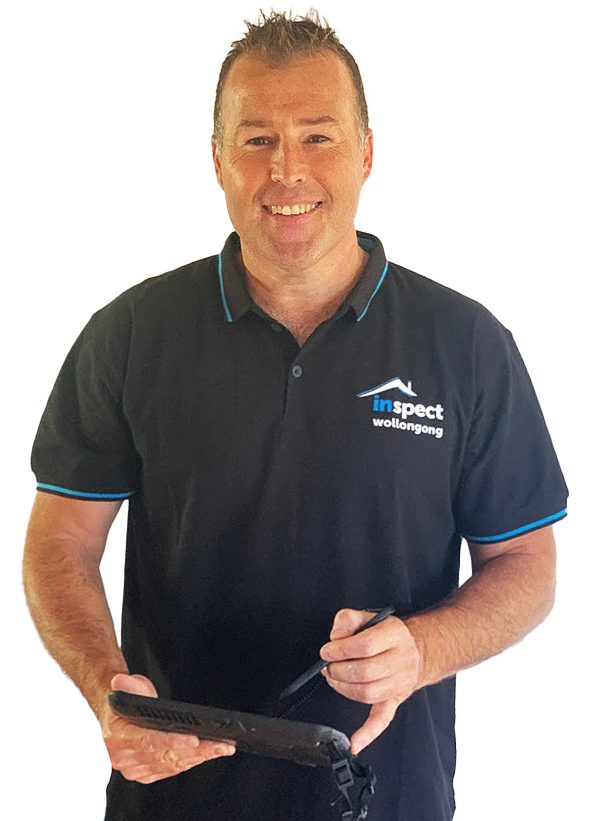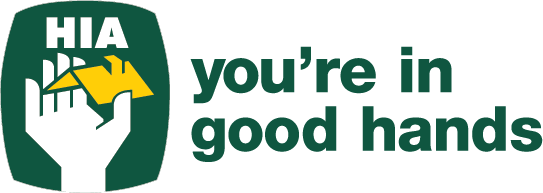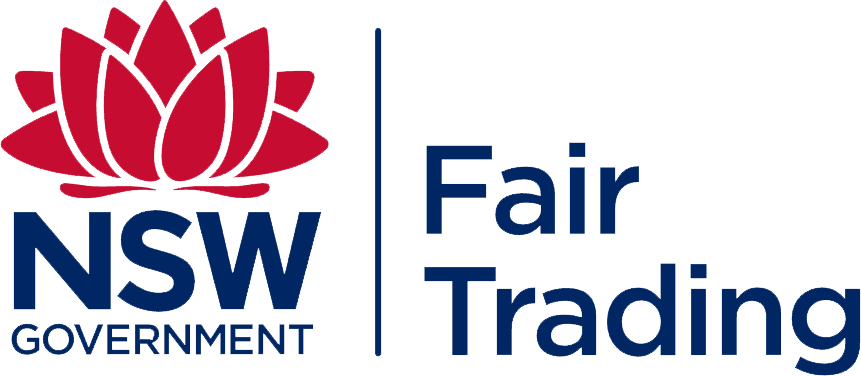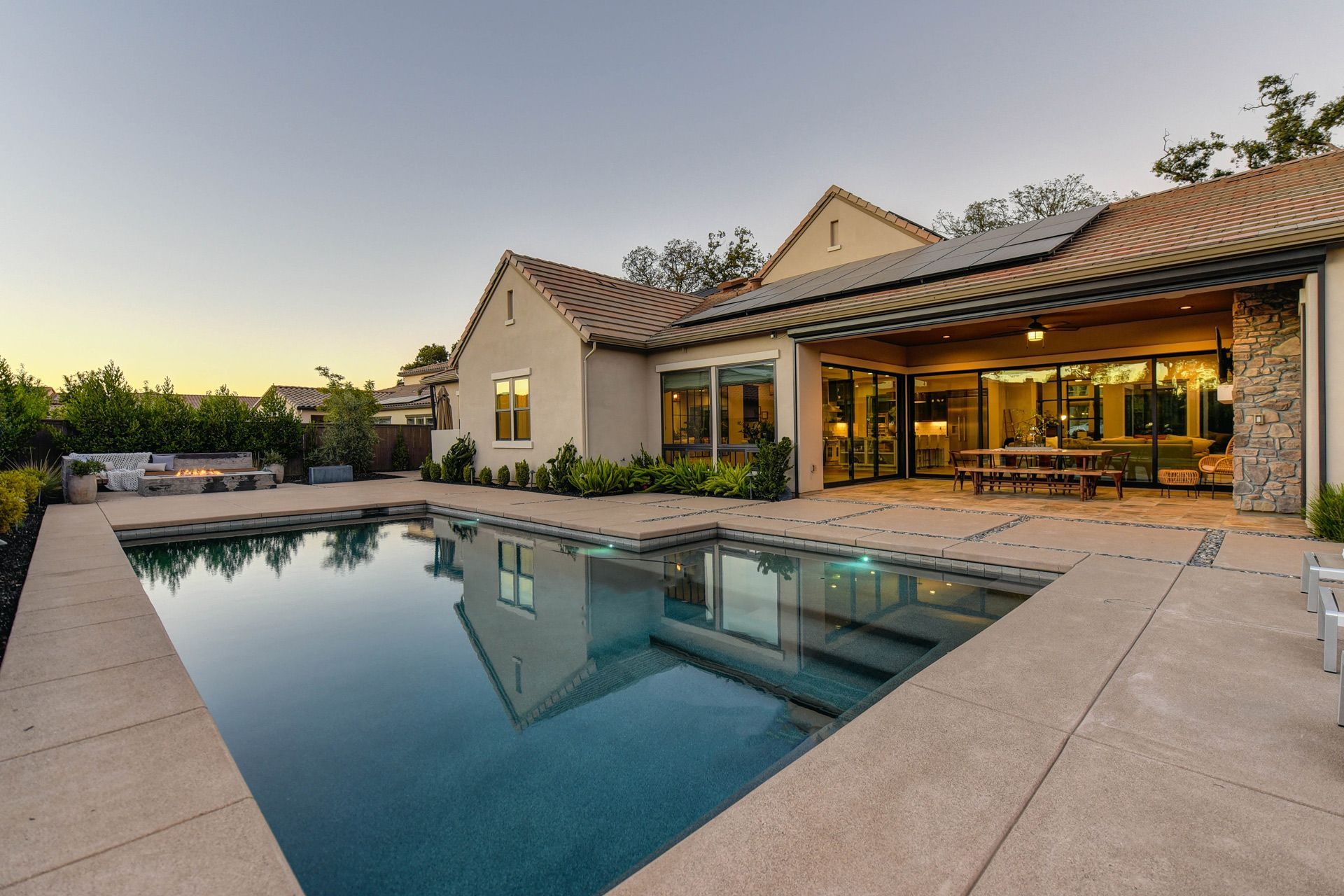Mobile
Pool Inspections Wollongong
If you own a swimming pool or spa, it's important to comply with pool safety legislation. That means ensuring your pool fence and its access points meet the required standards. In New South Wales, it is mandatory to undergo a pool inspection if you are planning to sell or lease your property.
At Inspect Wollongong, we offer thorough pool inspections to ensure your compliance with relevant Australian laws. Our team makes it a priority to remain up to date on the latest pool regulation standards and can provide an efficient and accurate assessment of the safety of your pool's barriers.
We then provide a detailed, easy-to-understand report on the condition of your pool area, including any issues that need to be addressed.
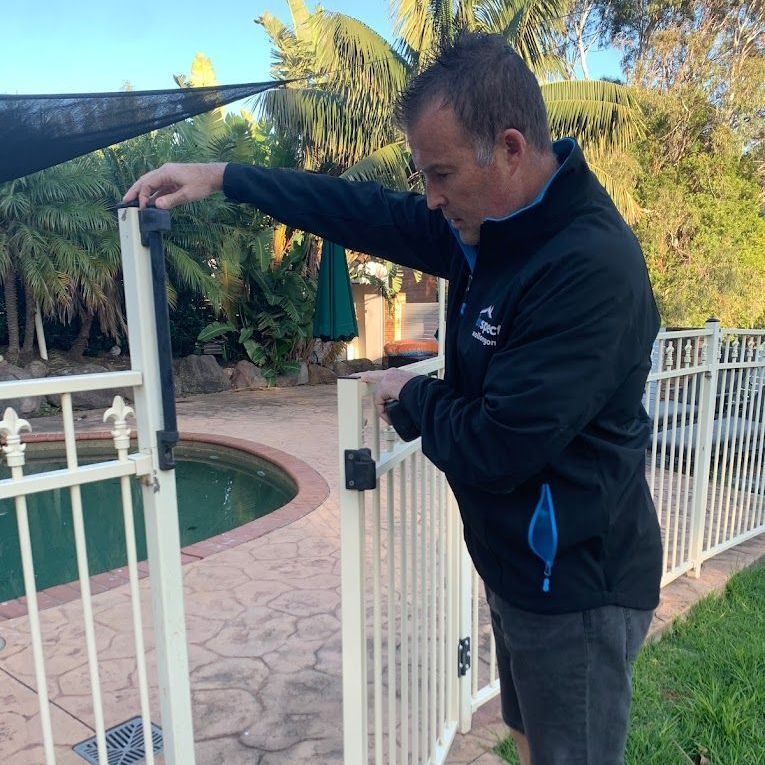
Our comprehensive pool inspections ensure that your pool, spa and all their associated equipment are safe and up to code.
The Pool Inspection Process
When you book us for a pool inspection, we will send an experienced and certified pool inspector to assess the safety of your pool area. During the inspection, the inspector will check a range of safety components including pool safety fences and barriers, among others.
Once a comprehensive pool safety inspection has been performed, the pool will be found to be either compliant or non-compliant under the relevant standard for your pool.
When assessing your pool, the inspector gives reference to the following in this order:
- The National Construction Code Part 3.9.3 Swimming Pool Access
- The Swimming Pools Act 1992
- The Swimming Pool Regulations
- AS 1926-1986
- AS 1926.1-2007
- AS 1926.1-2012
Depending on the age of the pool / when it was installed will depend on what AS is appropriate for that particular pool. Individual self-assessment can be undertaken on the NSW Swimming Pools Register. However, the interpretation of the relevant legislation remains with the inspector.
Are There Changes to Legislation I Need to Know?
Changes to the NSW Swimming Pool Act, the Conveyancing Act and the Tenancy Act in 2016 significantly altered the requirements of owner’s obligations when selling or leasing a property. The following information may help clarify the changes and your obligations as a Pool owner in NSW.
In April 2016, the implementation of legislation was introduced for sellers of a property and owners wanting lease their property to provide a compliance certificate or non-compliance certificate when selling or leasing.
Selling a property: The owner is obligated to provide attached to the contract of sale a Certificate of Compliance or a Certificate of non-compliance in regards to the pool barrier. (The NSW Conveyancing Act)
Leasing a property: Only a certificate of compliance can be issued prior to the leasing of a property. No allowance for a certificate of Non-compliance will be accepted (The NSW Tenancy Act).
Who Can Inspect My Pool?
Only a licenced certifier (licenced swimming pool inspector Lic, No bdc2542) can inspect and issue certificates. Make sure the person you engage has the relevant licence and insurance requirements to undertake and issues certificates and notices.
Council can also inspect and issue certificates/notices. Council are the authority in each individual area.


